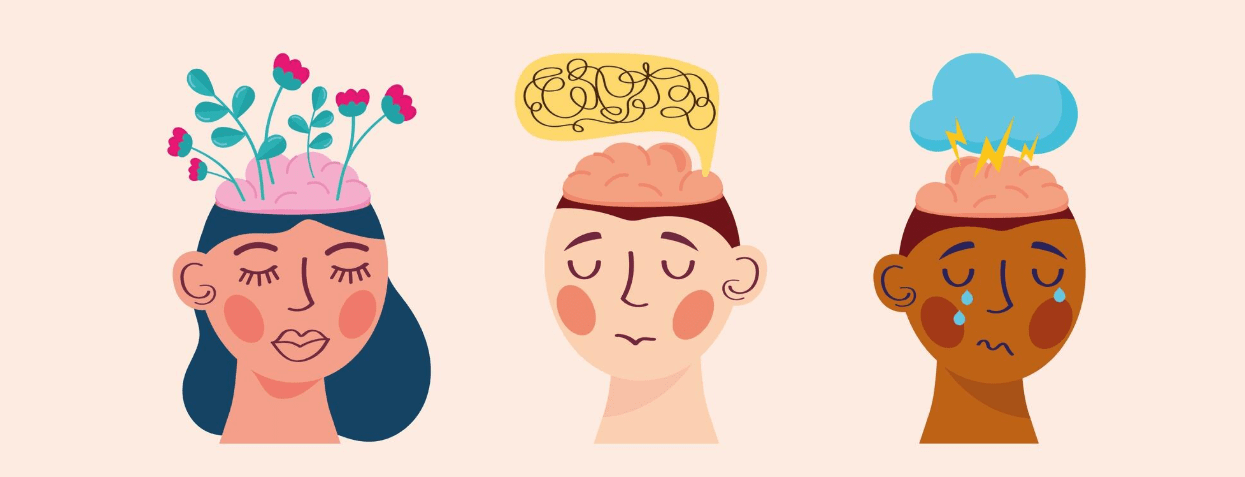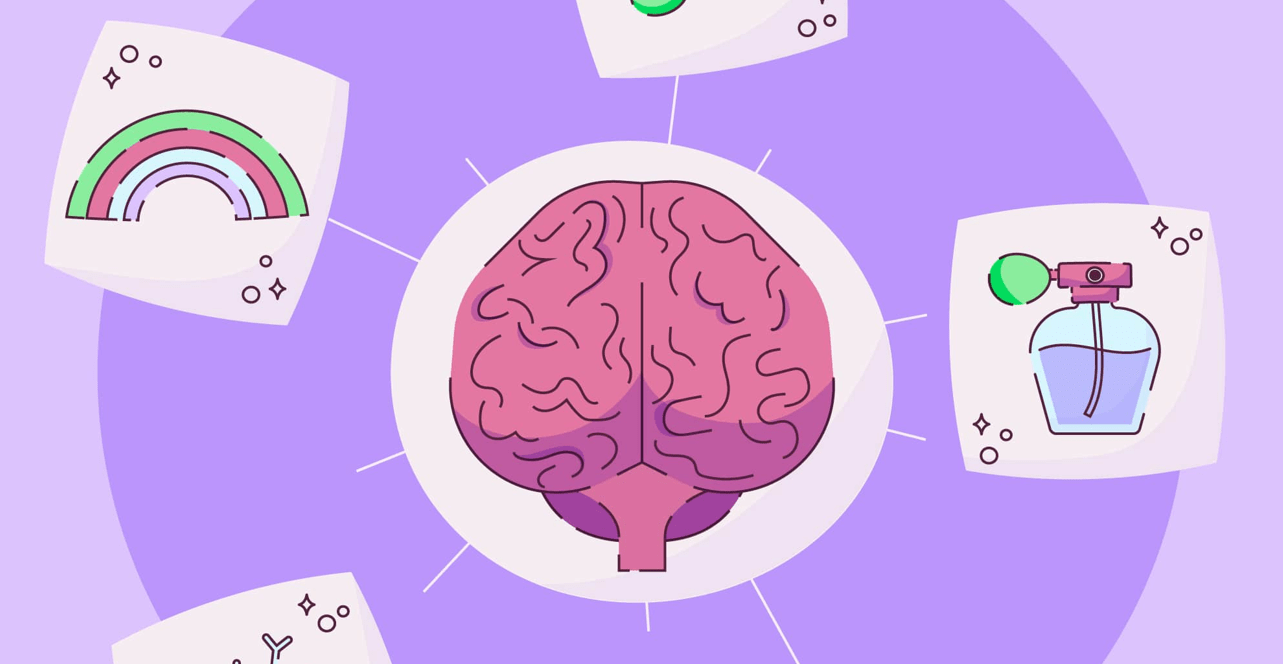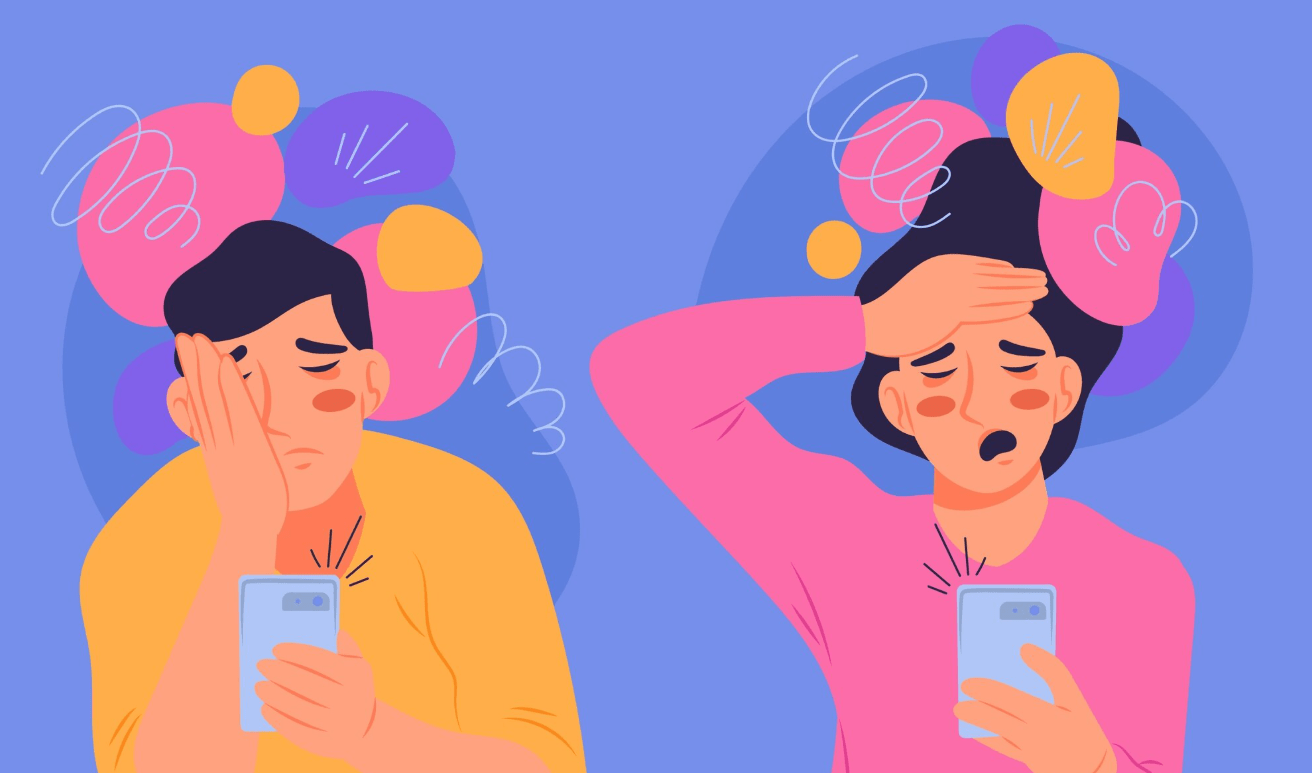How to Rebuild Concentration After Brain Fog

Brain fog can make even simple tasks feel impossible. You may find it hard to focus on work, remember details, or complete daily chores. Rebuilding concentration after experiencing brain fog requires a combination of lifestyle strategies, cognitive exercises, and consistent practice.
Apps like Moadly provide structured memory and attention exercises that help retrain your brain and restore focus.
Understanding Concentration and Brain Fog
Concentration is the ability to focus your mental energy on a specific task. Brain fog, on the other hand, disrupts this ability. It can make your thoughts feel scattered, reduce processing speed, and impair memory. Short-term memory and attention are often the first to be affected.
Understanding how brain fog affects your concentration helps you take targeted steps to regain clarity and mental sharpness.

Common Causes of Reduced Concentration
Several factors contribute to brain fog and poor concentration. Recognizing these factors is the first step in addressing them.
- Sleep deprivation: Lack of quality sleep affects attention and memory consolidation.
- Poor nutrition: Low levels of essential nutrients can reduce brain efficiency.
- Stress: Chronic stress increases cortisol, which impairs memory and focus.
- Medical conditions: Thyroid imbalances, diabetes, and autoimmune disorders can contribute to cognitive difficulties.
- Lack of mental stimulation: Not engaging the brain in challenging tasks can weaken concentration over time.
Strategies to Rebuild Concentration
1. Prioritize Sleep
Sleep is essential for brain recovery. During deep sleep, the brain clears toxins, consolidates memories, and restores cognitive function. Adults should aim for seven to nine hours of quality sleep per night.
Maintaining a consistent bedtime, limiting screen exposure before sleep, and creating a calm sleep environment can significantly improve concentration.
2. Balanced Nutrition and Hydration
The brain needs fuel to function. A diet rich in omega-3 fatty acids, antioxidants, and B vitamins supports neural function. Foods like fish, nuts, leafy greens, and berries are excellent choices.
Dehydration also reduces cognitive performance. Drinking water consistently throughout the day helps maintain focus and alertness.
3. Stress Reduction
Chronic stress is a major contributor to brain fog. Stress management techniques such as meditation, deep breathing, or yoga can reduce cortisol levels and improve attention.
Even short breaks during work or study sessions help prevent mental fatigue and maintain concentration throughout the day.

4. Physical Exercise
Regular exercise increases blood flow and oxygen delivery to the brain. This supports neuroplasticity, which is critical for rebuilding concentration.
Activities like walking, cycling, swimming, or yoga can improve mental clarity and reduce brain fog symptoms.
5. Structured Brain Training
Memory and attention exercises train your brain to focus and process information more efficiently. Tools like Moadly for Android and Moadly for iPhone offer interactive exercises designed to strengthen working memory and attention span.
Regular cognitive training helps rebuild concentration by challenging your brain and improving mental endurance. Exercises include pattern recognition, sequence recall, and focus tasks that gradually increase in difficulty.
6. Break Tasks Into Small Steps
Large tasks can overwhelm the brain when recovering from brain fog. Breaking tasks into smaller, manageable steps makes it easier to concentrate.
Focus on completing one small task at a time. This approach reduces cognitive load and increases the sense of accomplishment, which reinforces focus.
7. Reduce Digital Distractions
Notifications, social media, and constant multitasking can worsen brain fog. Setting boundaries on screen time and creating a focused work environment can improve concentration.
Consider scheduling specific times for checking emails or social media to reduce cognitive interruptions.

8. Mental Stimulation Through Learning
Engaging the brain in learning activities strengthens neural connections and enhances focus. Reading, puzzles, and learning new skills are effective ways to rebuild concentration.
Using apps like Moadly ensures that mental exercises are structured, measurable, and progressive.
Creating a Daily Routine for Focus
Consistency is key. Daily routines that combine cognitive exercises, physical activity, and stress management produce the best results.
A sample routine could include:
- Morning meditation or deep breathing exercises
- Healthy breakfast rich in protein and antioxidants
- Short Moadly cognitive training session
- Regular breaks during work or study
- Evening exercise or a walk outdoors
- Consistent sleep schedule
Following a routine supports sustained concentration and gradually reduces brain fog symptoms.
Tracking Progress and Motivation
Monitoring your cognitive performance helps maintain motivation. Many memory training apps, including Moadly, track improvements in memory, attention, and reaction time.
Seeing measurable progress reinforces the benefits of concentration-building activities and encourages long-term adherence.
Long-Term Benefits of Rebuilding Concentration
- Improved focus on tasks at work, school, or home
- Enhanced memory and recall abilities
- Reduced mental fatigue and clearer thinking
- Stronger executive function for planning and decision-making
- Increased cognitive resilience as you age
Consistency with cognitive training, lifestyle adjustments, and stress management is key to sustaining these benefits.
Conclusion
Recovering concentration after brain fog takes time, patience, and a combination of strategies. Prioritizing sleep, nutrition, stress management, and exercise provides the foundation for mental clarity.
Structured brain training with tools like Moadly strengthens memory and attention, allowing the brain to rebuild focus naturally.
Breaking tasks into manageable steps, reducing distractions, and maintaining a consistent daily routine further support the recovery process. With consistent effort, concentration can be restored, brain fog can be reduced, and overall cognitive performance can improve.
References
- Harvard Health Publishing – How to Improve Concentration
- National Institutes of Health – Cognitive Health in Adults
- Cleveland Clinic – Brain Fog and Recovery Strategies

